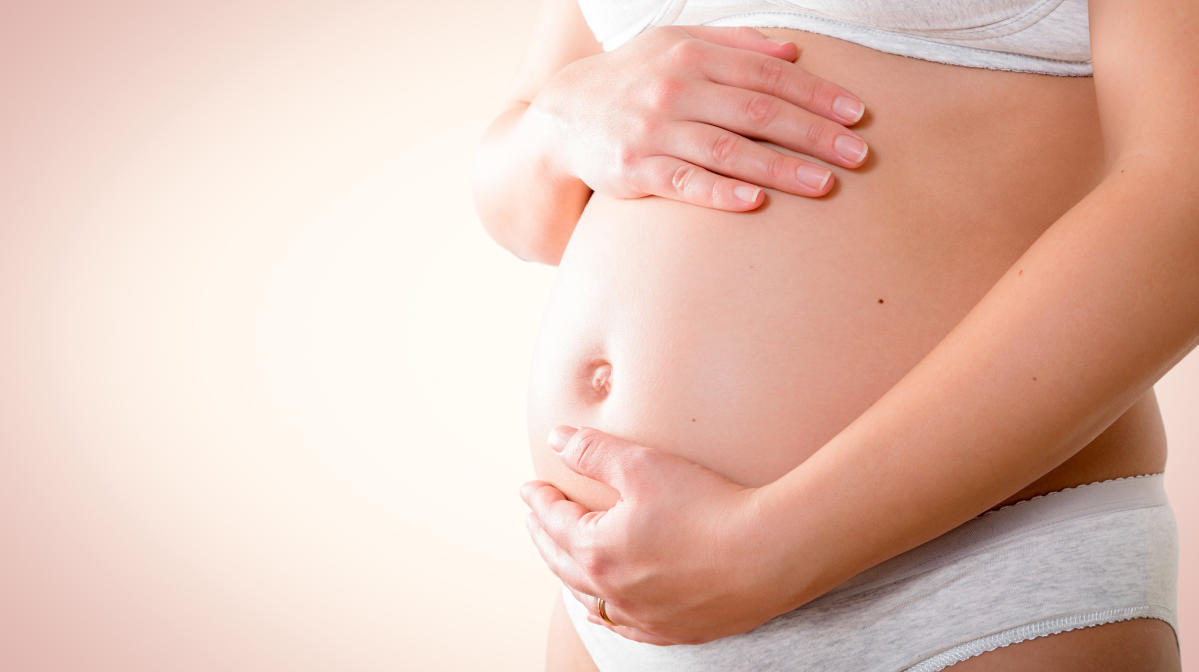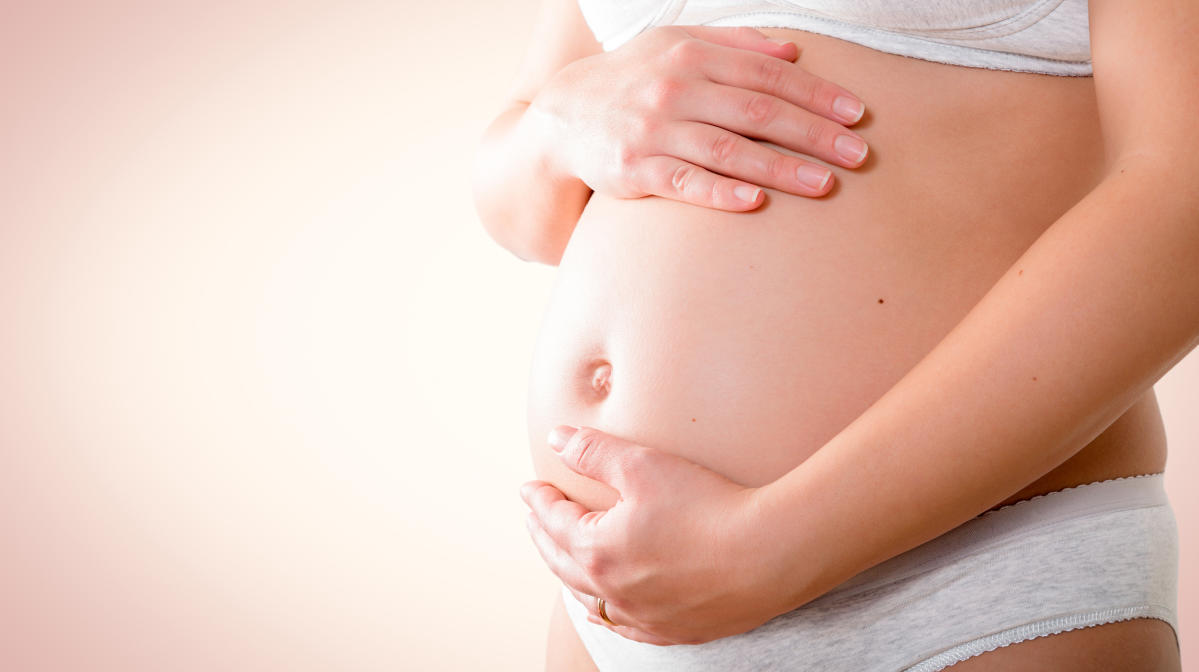
BALTIMORE — A ballot question that would establish a fund to issue payments to parents of newborn children in Baltimore City, in hopes of fighting child poverty, has been approved to appear on ballots this fall.
The Maryland Child Alliance, a coalition of teachers and advocates that collected more than 13,000 signatures in support of the effort, was notified Monday by the Baltimore City Board of Elections that the group met the 10,000-signature threshold necessary to secure a spot on the ballot.
The question, which is among many circulated for the ballot this year, would create a Baby Bonus fund that would issue one-time $1,000 payments to parents upon the birth or adoption of a child.
Organizers argue the payments will improve the lives of children and families, benefiting the broader economy. The first months of a child’s life are critical to development, but that’s also when parents are at their most economically vulnerable, said Nate Golden, president of the Maryland Child Alliance, which was founded in 2022.
“Families can’t afford the things that they need, and you’re left with this terrible recipe where that could impact a kid forever,” Golden said. “We want all kids lifted out of poverty, but where do you get the most bang for your buck? It’s with babies and newborns.”
If approved by voters, the fund, which is structured in the image of Baltimore’s Children and Youth Fund, would cost the city at least $7 million annually to make $1,000 payments to the roughly 7,000 families who welcome a child each year. It would be up to the Baltimore City Council and the mayor to figure out where to get the money necessary to fill the fund.
While the fund is aimed at curbing child poverty, the payments would be universal, not income-qualified. Golden said making the fund universal would make it easier for the city to administrate, but also make it more nimble to assist parents who may be missed by other tax credits.
“We want to make sure we help the families that are always getting forgotten by every level of government, and the easiest way to do that is a universal payment,” he said.
The Baltimore proposal closely resembles a program that began in Flint, Michigan this year. There, parents are given $1,500 during a pregnancy and an additional $500 during an infant’s first year. Like the Baltimore proposal, there are no income restrictions. Baby bonuses are more common overseas where they have at times been used to bolster low fertility rates. Numerous European countries offer universal benefits.
Baltimore has already been experimenting with other forms of city-subsidized income. A guaranteed income pilot program has been issuing $1,000 in unconditional monthly cash assistance to a select group of Baltimore parents since August 2022. A study conducted at the halfway point of the pilot, which is due to expire this month, showed participants increased their monthly income and the number living in independent situations also increased. Participants’ unemployment remained more than twice as high compared with the average Baltimore resident, though labor force participation jumped from 64% to 71%.
Unlike the Baby Bonus, the pilot program had an income requirement. Participants had to be young parents, ages 18 to 24, who had income at or below 300% of the federal poverty level — about $69,000 for a three-person household.
The topic of guaranteed income has become popular among progressives in recent years, but the idea remains polarizing. Supporters of guaranteed income believe a widespread system could break cycles of poverty, while critics suggest it would encourage counterproductive spending.
Ballot questions, such as the Baby Bonus, can be placed on the ballot in Baltimore via petitions that garner at least 10,000 signatures from qualified city voters. City ballot measures almost always pass. Voters in Baltimore haven’t rejected a ballot question since 2004 when they were asked to lower the age requirement to serve on the Baltimore City Council.
The Baby Bonus ballot question is the second approved by the election board so far this year to appear on November ballots. The first approved was a measure, sponsored by the People for Elected Accountability & Civic Engagement, asking voters to slash the size of the City Council by half. David Smith, executive chairman of Sinclair Broadcast Group and co-owner of The Baltimore Sun, principally funded that petition drive.
Also likely to appear on the ballot is a question that would ask voters to reduce and cap the city’s property tax rate. That measure, proposed by a group called Renew Baltimore, submitted more than 23,000 signatures to the election board last month. Signatures have also been submitted by groups hoping to create a community wealth building fund and a fund to advocate for a regional transit authority.
Last month, a group led by former mayoral candidate Thiru Vignarajah began collecting signatures in support of a ballot question that would ask voters to establish a dedicated park system that could not be disrupted by private development. The proposal is aimed at derailing the proposed redevelopment of Harborplace which calls for 900 apartments to be built in a conjoined tower on the city’s waterfront.
The deadline to submit signatures for proposed ballot questions is July 29.
Baltimore has seen increased petitioning activity in recent years as it has become apparent that the process is the fastest track for citizens — in some cases the most wealthy or well-funded — to pass laws. The cost of campaigns to place questions on the ballot have likewise ballooned. The People for Elected Accountability & Civic Engagement has spent more than $326,000 this cycle in support of its council-slashing measure, while Renew Baltimore has dropped more than $268.000, campaign finance records show.
The Baby Bonus campaign has bucked that trend, however. Records show organizers spent just $3,553. Golden said most petitions were circulated by volunteers.
_____
EMEA Tribune is not involved in this news article, it is taken from our partners and or from the News Agencies. Copyright and Credit go to the News Agencies, email news@emeatribune.com Follow our WhatsApp verified Channel





